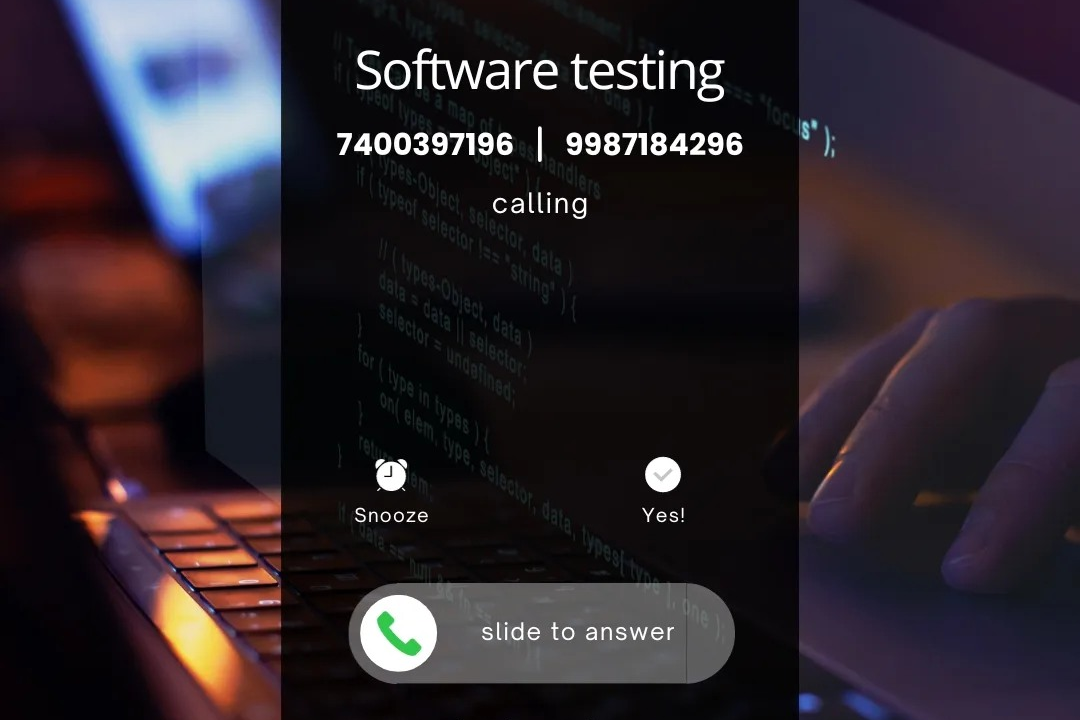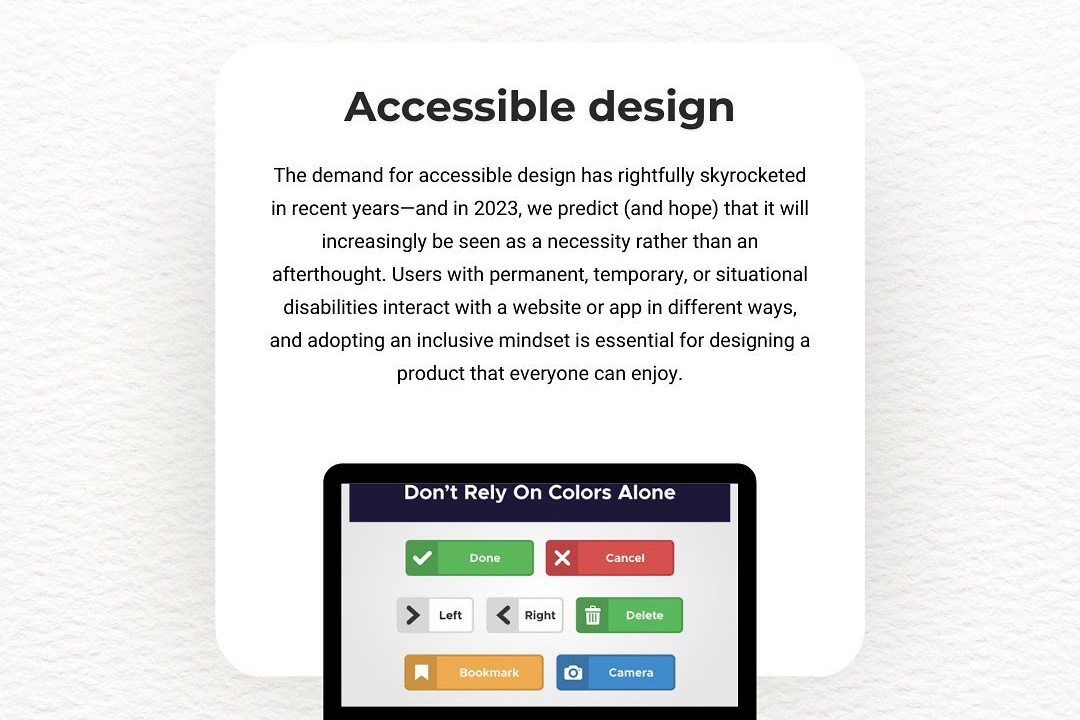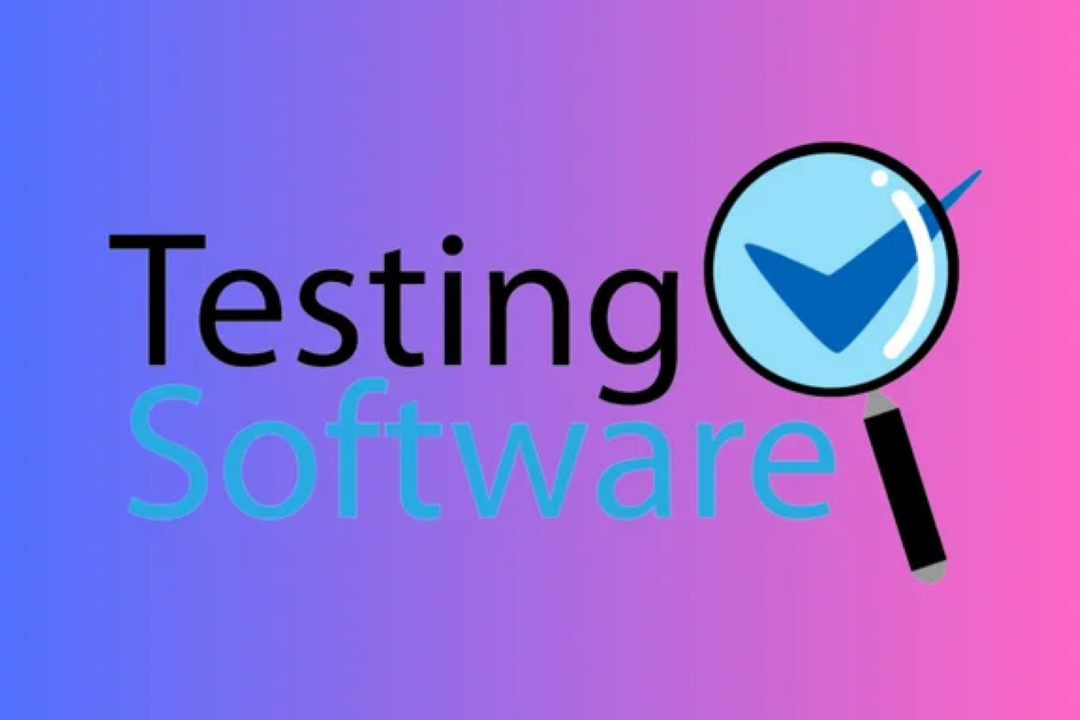Best Way To Debug React Native Visual Studio Code
The best way to debug React Native applications in Visual Studio Code involves utilizing the integra
Best Way To Debug React Native Visual Studio Code
Debugging React Native applications in Visual Studio Code is essential for developers as it streamlines the process of identifying and fixing issues efficiently. By utilizing the React Native Tools extension, developers can set breakpoints, inspect variables, and step through code directly within the IDE, which significantly enhances productivity and reduces development time. This integrated approach allows for real-time feedback and easier tracking of application states and component hierarchies, ultimately leading to a smoother development experience and higher-quality applications. Additionally, the ability to use the integrated terminal and console for logging further aids in troubleshooting, making Visual Studio Code a powerful tool for React Native development.
To Download Our Brochure: https://www.justacademy.co/download-brochure-for-free
Message us for more information: +91 9987184296
Debugging React Native applications in Visual Studio Code is essential for developers as it streamlines the process of identifying and fixing issues efficiently. By utilizing the React Native Tools extension, developers can set breakpoints, inspect variables, and step through code directly within the IDE, which significantly enhances productivity and reduces development time. This integrated approach allows for real time feedback and easier tracking of application states and component hierarchies, ultimately leading to a smoother development experience and higher quality applications. Additionally, the ability to use the integrated terminal and console for logging further aids in troubleshooting, making Visual Studio Code a powerful tool for React Native development.
Course Overview
The “Best Way to Debug React Native in Visual Studio Code” course provides developers with essential skills to effectively troubleshoot and debug their React Native applications using the powerful features of Visual Studio Code. Participants will learn how to set up the debugging environment, utilize breakpoints, inspect variables, and navigate through code seamlessly. The course also covers best practices for managing state and props, integrating debugging tools, and employing advanced techniques to optimize their workflow. By the end of the course, students will be equipped with the knowledge and hands-on experience needed to enhance their debugging proficiency, leading to more efficient development processes and higher-quality applications.
Course Description
The ‘Best Way to Debug React Native in Visual Studio Code’ course is designed to equip developers with the essential skills to troubleshoot and debug their React Native applications effectively. Participants will explore the setup of Visual Studio Code for optimal debugging, learn to utilize breakpoints, inspect variables, and navigate code efficiently. Through real-time projects, the course covers common pitfalls and advanced debugging techniques, fostering a deeper understanding of state management and prop handling. By the end of the course, learners will confidently apply these debugging strategies to enhance their development workflow and produce high-quality applications.
Key Features
1 - Comprehensive Tool Coverage: Provides hands-on training with a range of industry-standard testing tools, including Selenium, JIRA, LoadRunner, and TestRail.
2) Practical Exercises: Features real-world exercises and case studies to apply tools in various testing scenarios.
3) Interactive Learning: Includes interactive sessions with industry experts for personalized feedback and guidance.
4) Detailed Tutorials: Offers extensive tutorials and documentation on tool functionalities and best practices.
5) Advanced Techniques: Covers both fundamental and advanced techniques for using testing tools effectively.
6) Data Visualization: Integrates tools for visualizing test metrics and results, enhancing data interpretation and decision-making.
7) Tool Integration: Teaches how to integrate testing tools into the software development lifecycle for streamlined workflows.
8) Project-Based Learning: Focuses on project-based learning to build practical skills and create a portfolio of completed tasks.
9) Career Support: Provides resources and support for applying learned skills to real-world job scenarios, including resume building and interview preparation.
10) Up-to-Date Content: Ensures that course materials reflect the latest industry standards and tool updates.
Benefits of taking our course
Functional Tools
1 - Visual Studio Code (VS Code)
Visual Studio Code is a robust and lightweight code editor that offers seamless integration with React Native development. It provides features such as IntelliSense for code completion, debugging support, and a built in terminal. Students will learn how to set up their environment effectively and utilize extensions that enhance productivity, making the debugging process more efficient.
2) React Native Debugger
This standalone debugger for React Native applications combines Chrome Developer Tools and Redux DevTools in one package. Students will explore how to inspect components, view state changes, and monitor network requests. By mastering the React Native Debugger, participants can gain deeper insights into their application’s behavior, allowing for quicker identification and resolution of issues.
3) Chrome Developer Tools
The Chrome Developer Tools are essential for debugging web based React applications and can be utilized within React Native development. Participants will learn how to leverage tools such as the Console, Elements Inspector, and Network panel to monitor performance and debug issues. Understanding how to utilize these tools in tandem with React Native enhances the debugging process.
4) Flipper
Flipper is a platform for debugging mobile apps that allows developers to see issues manifesting in real time. With Flipper, students will learn to debug React Native applications by inspecting logs, network activity, and performance metrics. This tool greatly simplifies the debugging process, providing essential information at a glance, which helps in making informed decisions during development.
5) React DevTools
React DevTools are a set of debugging tools designed for React applications. They offer a tree view of components and allow students to inspect component hierarchies, props, and state. Learning how to effectively use React DevTools during debugging will empower participants to understand their application structure better, trace bugs, and optimize performance through component analysis.
6) Console Log Statements
The use of console log statements is a fundamental debugging technique that every developer should master. This course will guide students on effectively placing console logs at strategic points within their code to capture real time data and understand application flow. By utilizing console logs, participants can quickly identify where things are going wrong, enhancing their problem solving skills in real world projects.
7) Error Boundaries
In a React application, error boundaries are a powerful feature that helps developers catch JavaScript errors in the component tree gracefully. Students will learn how to create and implement error boundaries to handle errors effectively without crashing the whole application. This knowledge is crucial for building robust applications, ensuring a better user experience even when things don't go as planned.
8) Unit Testing and Integration Testing
Testing is an essential component of the development process. The course will cover the basics of unit testing and integration testing specifically for React Native applications using libraries such as Jest and React Testing Library. Students will learn how to write tests to verify component functionality and catch issues early in the development cycle, providing peace of mind and confidence in the codebase.
9) Logging Libraries
Integrating logging libraries like Winston or LogRocket into React Native applications allows developers to capture and send logs to external servers. Participants will learn how to set up and use these libraries for better error tracking, monitoring user interactions, and debugging production issues. Understanding logging effectively aids developers in maintaining application health.
10) Sourcemaps
Sourcemaps are an essential part of debugging minified production code. This section of the course will teach students how to generate and utilize sourcemaps in their applications, enabling a smooth transition from production environments back to the original source code for easier debugging. Mastery of sourcemaps will make tracking down production errors much easier.
11 - Performance Profiling
Understanding the performance of a React Native application is key to creating a smooth user experience. This course will introduce students to performance profiling techniques, including identifying bottlenecks, optimizing rendering performance, and analyzing component re renders. Students will learn how to use performance profiling tools to diagnose issues and implement improvements effectively.
12) Asynchronous Debugging
Working with asynchronous code in JavaScript can lead to complex bugs. Students will be trained on programs that involve Promises, async/await, and how to debug them using tools like the Chrome DevTools Async stack traces. This section will provide vital insights into handling asynchronous operations effectively, improving the reliability of their applications.
13) Network Debugging with Axios
For applications that rely on API calls, understanding how to debug network requests is essential. This course will cover how to use Axios for network requests and debug issues related to API interactions. By learning how to monitor response times, intercept requests, and handle error responses, students will become adept at troubleshooting common network related problems.
14) Live Reloading and Hot Reloading
Live and hot reloading are features that significantly improve developer productivity by updating the application in real time without losing state. Participants will explore how these features work within the React Native ecosystem, enabling them to see changes instantly while debugging. This knowledge will streamline the development process and enhance overall application quality.
15) Community Best Practices
Lastly, students will learn about community best practices for debugging React Native applications. This includes common pitfalls to avoid, coding standards, and useful resources such as forums and open source projects. Understanding these best practices fosters a culture of quality and continuous improvement among developers, which is critical in a collaborative environment.
Browse our course links : https://www.justacademy.co/all-courses
To Join our FREE DEMO Session:
This information is sourced from JustAcademy
Contact Info:
Roshan Chaturvedi
Message us on Whatsapp: +91 9987184296
Email id: info@justacademy.co
Best Music Player Plugin On Flutter












